What’s known as Silicon Valley today was once called the “Valley of Heart’s Delight” for its blossoming orchards and bountiful farmland. While the land has been built up over the years, with many folks likely out of touch with the area’s agricultural heritage, one company is working to maintain a connection to that tradition.
Farmscape, a company with branches (no pun intended) in both northern and southern California is on a mission to establish gardens and farms in just about every imaginable space in Silicon Valley – think residential backyards, tech campuses, sports stadium rooftops and multi-family complexes.
According to co-founder Lara Hermanson, Farmscape is the largest urban farming company in the state, supporting around 50 full-time green jobs, growing (actual) tons of food, and transforming land that may otherwise be paved over or used for water-guzzling lawns.
Hermanson founded the company in Los Angeles with partner Dan Allen in 2008, when they were inspired to combine their agricultural background with a desire to live and work in an urban environment. Farmscape’s northern California headquarters was developed about a decade ago.
The company works everywhere from residential yards to multi-family housing developments and major commercial spaces with the goal to reconnect communities with where their food comes from and cultivate crops and landscape designs that suit California’s climate and native habitats.
In addition to design and installation, Farmscape farmers regularly visit and maintain their sites, providing ongoing support.
Senior living amid 1.7 acres of farmland
Among the company's recent projects is Agrihood Santa Clara, a new public-private partnership housing development that opened in September and includes more than 100 below-market-rate units reserved for Santa Clara County seniors age 55+ and senior veterans. The project boasts 1.7 acres of farmland and open space, cultivated on the former site of the University of California, Davis’ Bay Area Research and Extension Center.
“Agrihood is so special,” Hermanson said of the project for which Farmscape has been the farm consultant. Stone-fruit trees dot the perimeter, while a second-story patio adjoining the senior housing offers its own private raised planter beds and fruit trees. At the time of this interview, she said Agrihood’s main farm complex on Winchester Boulevard was transitioning from its summer bounty of tomatoes, peppers, herbs, eggplants and squash into preparations for the upcoming cooler seasons.
“We are in the process of ripping everything that’s there out in the annual beds, changing it out for fall crops,” she said.
“To be able to have that access to the agriculture and have the therapeutic time to go work in the garden, or eat produce from the garden, I think that really adds, just, a vibrancy to a community,” said Julie Mahowald, chief financial officer and head of partnerships and strategy at Housing Trust Silicon Valley (an early-stage funder of the Agrihood project). The project, she noted, also ties back nicely to the region’s agricultural roots.
While residents, community volunteers and students will be able to participate, Farmscape provides the professional expertise to handle the tougher jobs.
“We’ll be there in perpetuity running that farm,” Hermanson said of Agrihood. “It’s a lot of work and we want the residents and the wider community to be able to show up and enjoy the farm and learn things about farming and leave the heavier parts of the farming to us.”
Currently, the produce grown and harvested is being distributed amongst residents, but by next year, the plan is also to offer an honor-system farmstand about once a week, she said.
A rooftop farm at Levi's Stadium
Local sports fans may already be familiar with some of Farmscape’s work. The company has for years cultivated a rooftop farm at Levi's Stadium, home of the San Francisco 49ers, in collaboration with the stadium’s chefs and various food programs.
“We grow literal tons of food each year for the stadium, used in everything from pickles for their burgers to salsas, garnishes on pastries, to floral arrangements,” she said. ”That place is like a little village that’s nine stories high in the sky.”
Called Faithful Farm, the rooftop garden produces an average of 150 pounds of produce per week, or 7,500 pounds of produce a year, according to Levi's Stadium.
Up in San Francisco at Oracle Park (home to the Giants baseball team), a Farmscape vegetable garden located in right-center field grows food for Bon Appétit Management Company’s vendors as well as offering an education program using the garden as a living classroom.
Other clients include schools, restaurants, tech campuses and apartment complexes all over the Peninsula, in addition to single-family homes.
Among the company's backyard projects is an edible garden in San Mateo maintained with rainwater that produces crops used in traditional Spanish and Jewish dishes. In Atherton, there's a growing area that replaced a too-big lawn for a family that loves cooking, entertaining and sharing what they grow.
Sustainability is at the heart of Farmscape’s mission, and woven into all of its projects, Hermanson said. Replacing hardscape with soil slows down stormwater runoff, drip irrigation prevents water wastage, compost reduces the need for harmful, nitrogen-based fertilizers, and native and pollinator-friendly plants are incorporated into designs to provide healthful habitat.
“There are not a lot of things better for the environment than an organic farm,” she said.
How to get your own backyard farm
For those interested in hiring Farmscape for their own projects, Hermanson said there can be some space and sun conditions.
“We need you to commit about 100 square feet (of growing space) for it to be worth it,” she noted. “The other big constraint is full sun” (growing food crops in some oak-shaded Peninsula yards may prove a bit trickier than sunnier locales), she said. However, when asked for tips on edible crops even the greenest (OK, pun intended) newbie with limited space and experience might try, she did offer a few suggestions.
Woody herbs – including sage, rosemary and thyme – are easy to grow and require little water.
“If you put them in your backyard in your ground, they’ll take off without a lot of attention,” she said. And with a starter from the grocery store, farmers market or nursery, lettuce is another easy one to grow at home.
“If you’ve got a raised bed, lettuce is a quick crop.” she said. “It only takes about a month to get a great head of lettuce.”
After all, every farm’s got to start somewhere.
More information is available at Farmscape.
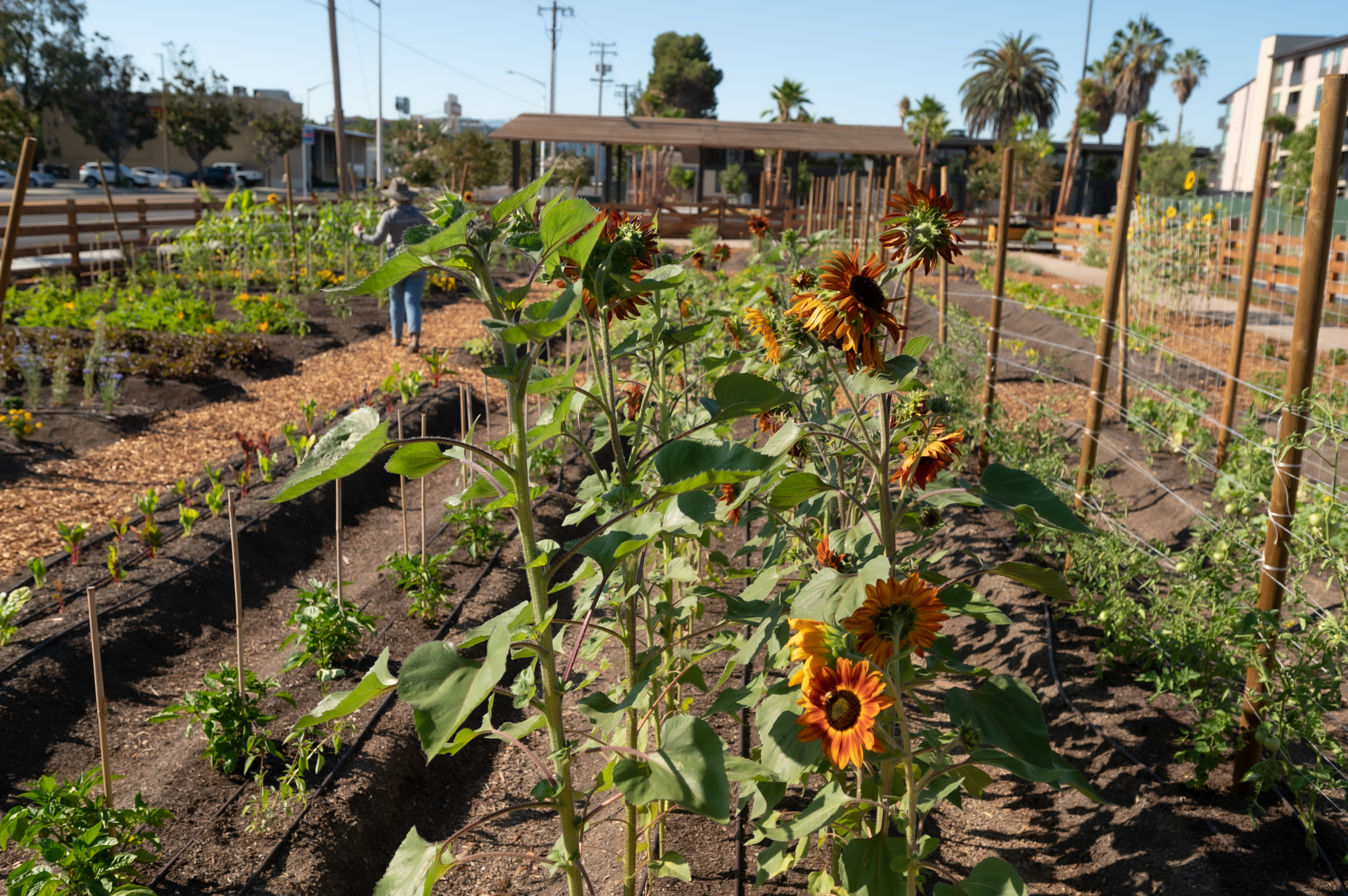
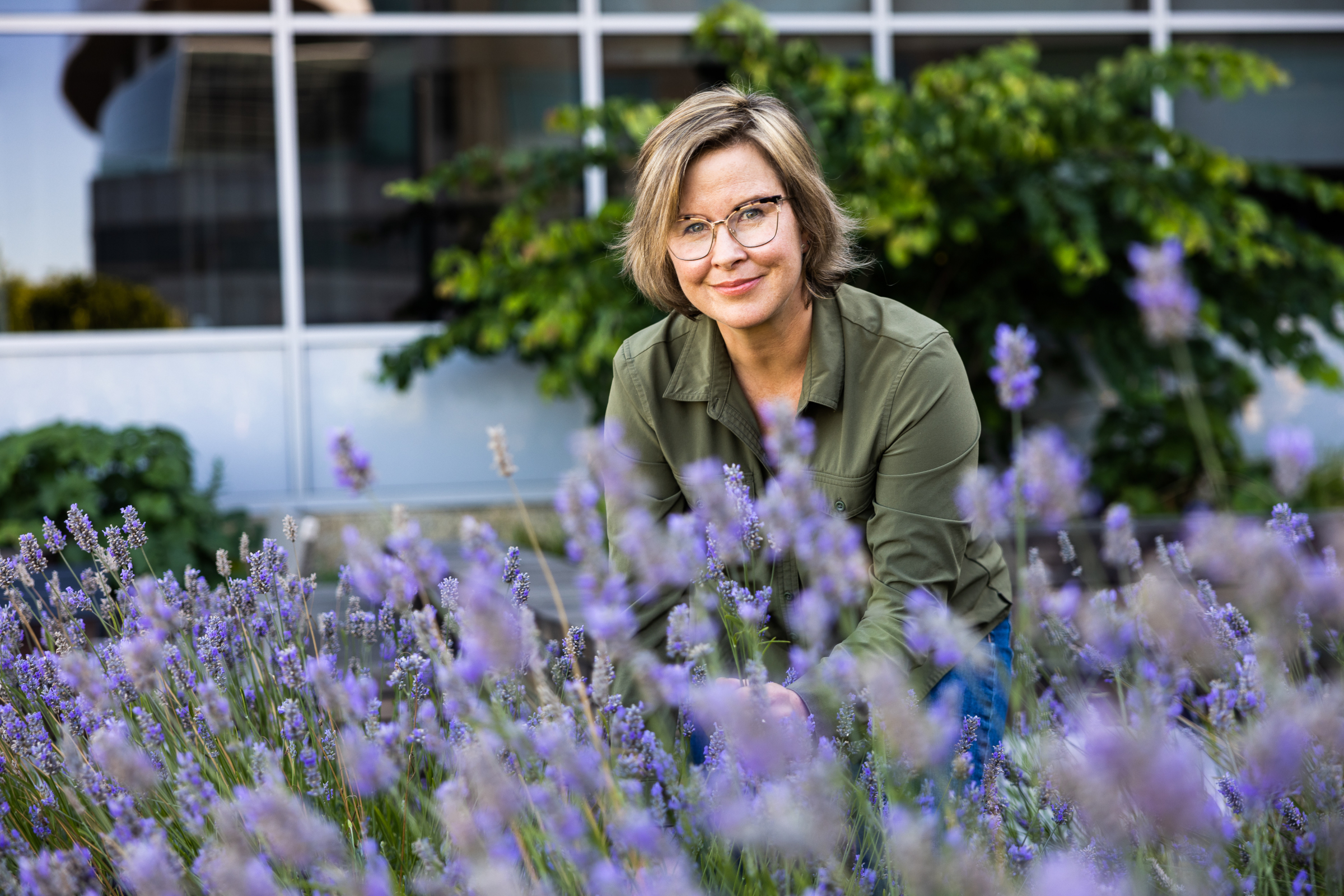
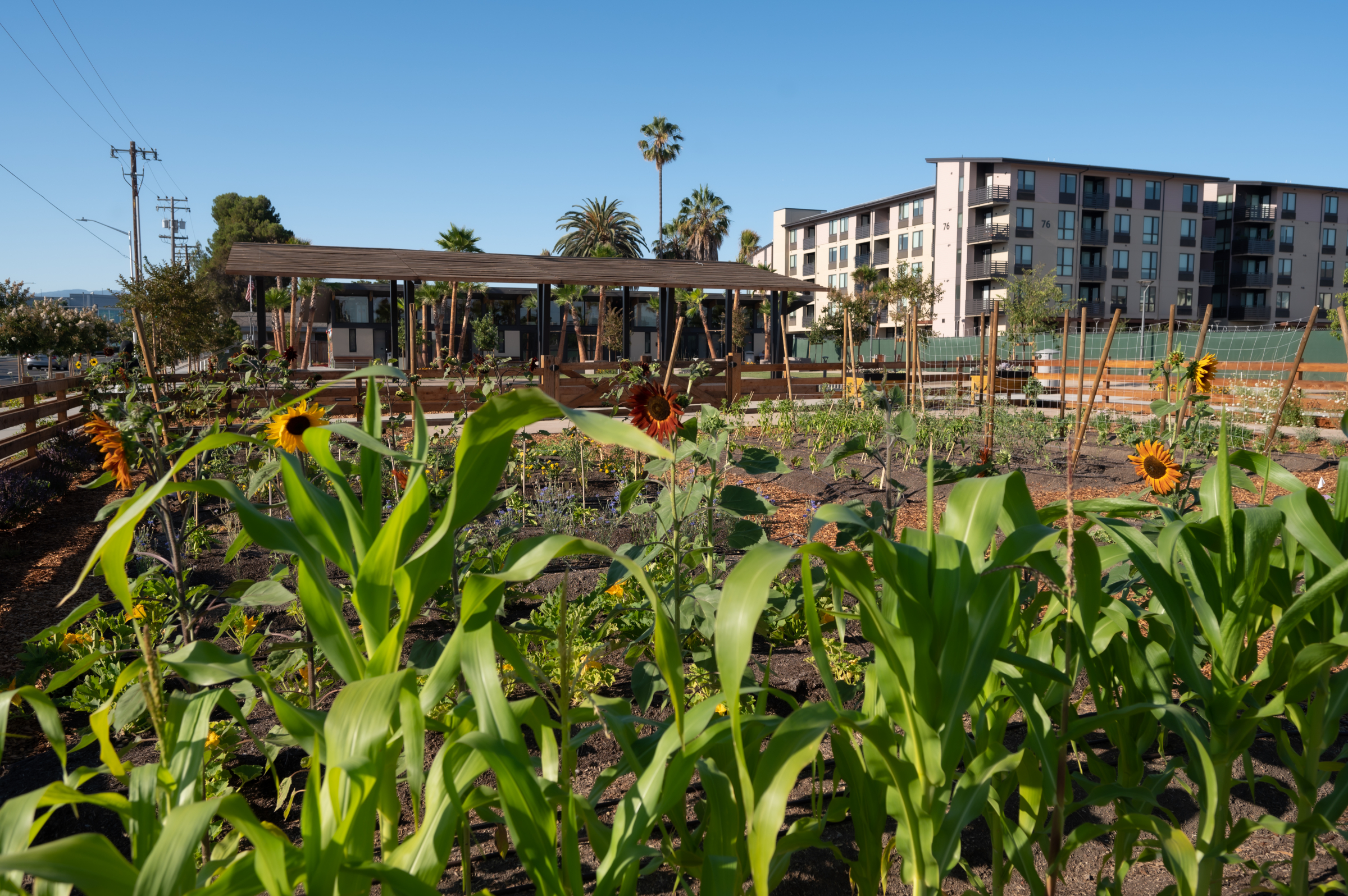
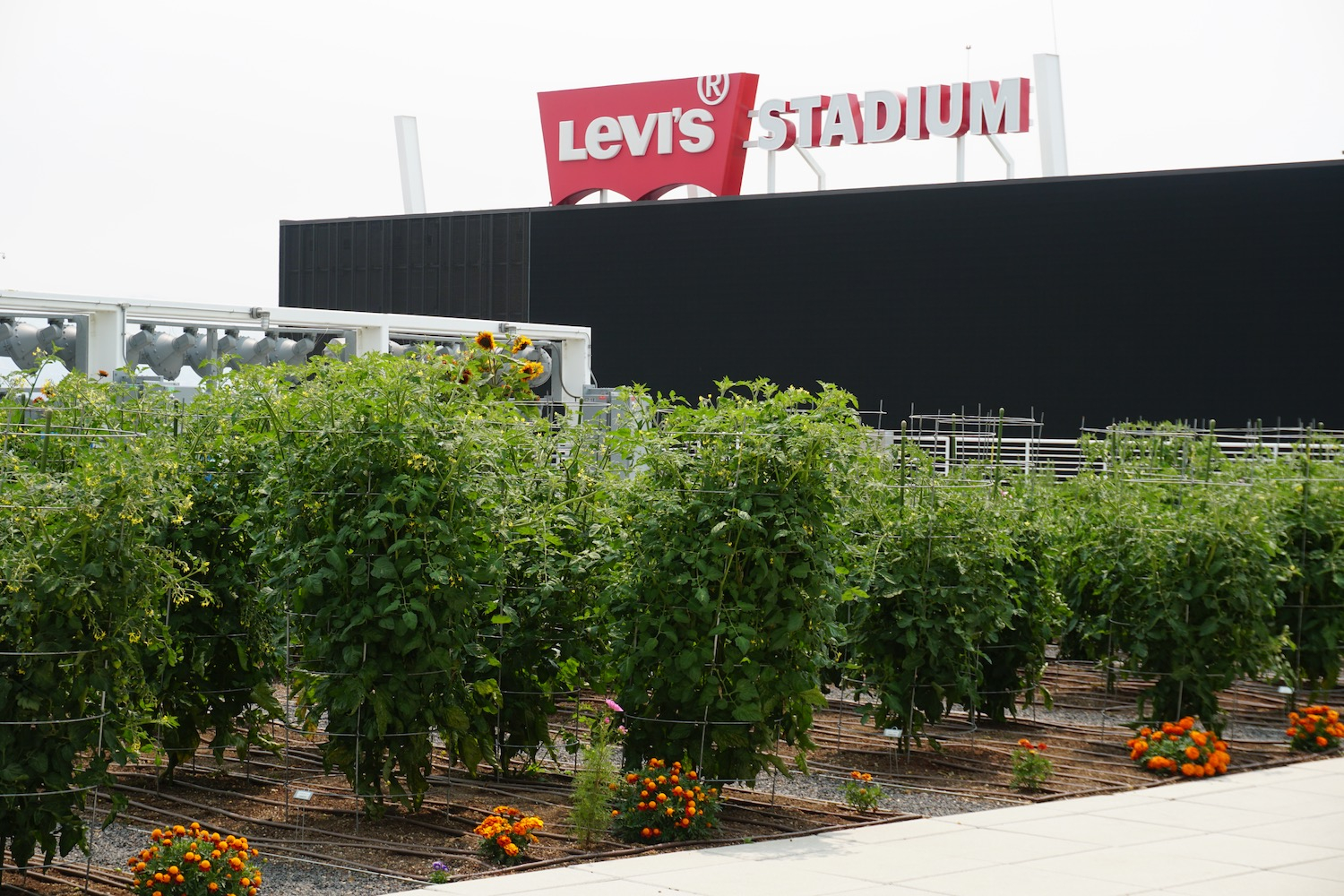
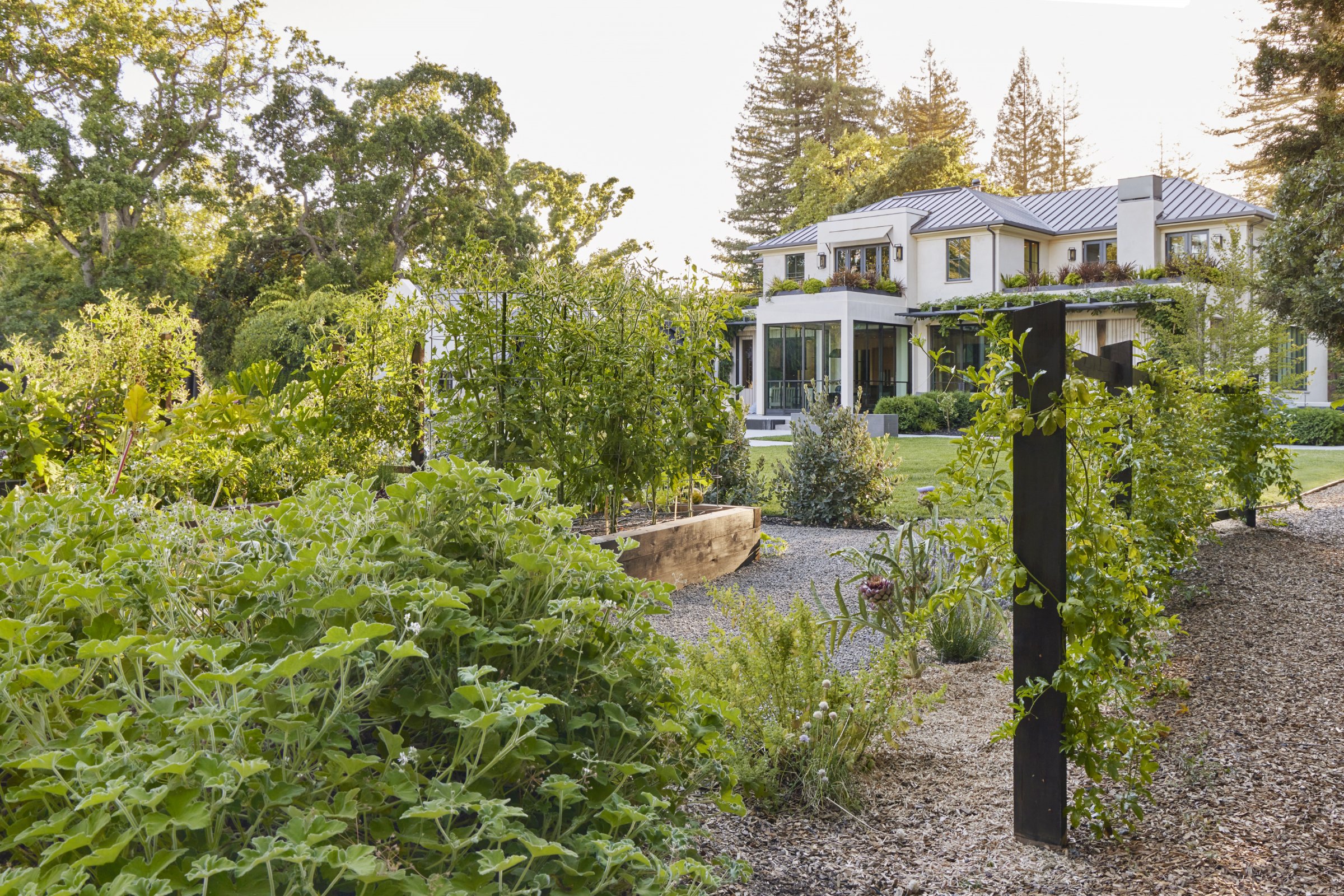

Comments